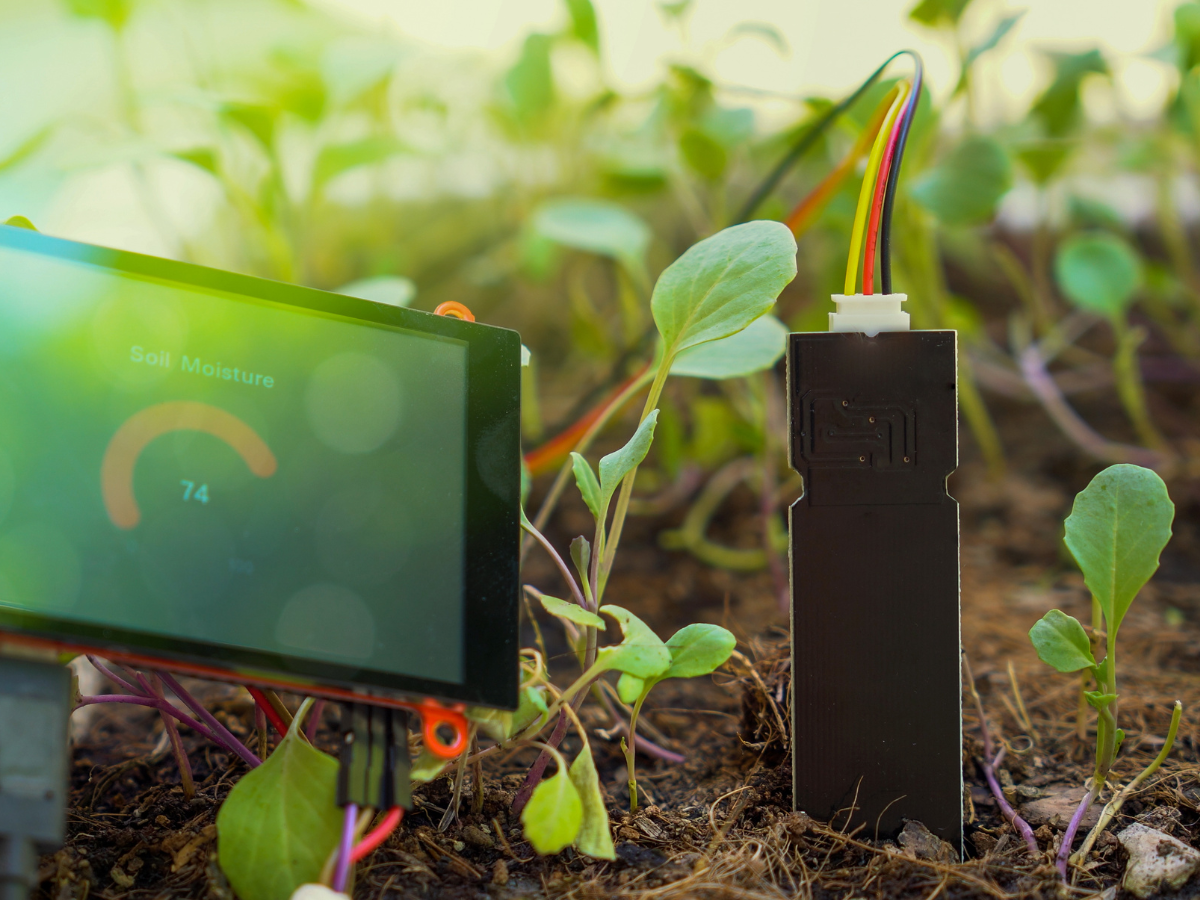Harvesting Data: The Role of Climate Monitoring Systems in Smart Farming

In the lush fields of modern agriculture, technology has become an indispensable tool for farmers worldwide. From drones surveying crops to AI-driven crop management systems, the agricultural sector is undergoing a digital revolution. Among these technological innovations, climate monitoring systems stand out as crucial components in the quest for sustainable and efficient farming practices. In the fertile lands of the United Kingdom, AgriTechs are at the forefront of integrating these systems into smart farming methodologies.
AgriTechs UK have long recognized the significance of climate monitoring in optimizing agricultural productivity while minimizing environmental impact. With the unpredictable nature of British weather, farmers face numerous challenges in ensuring crop health and yield. Climate monitoring systems provide real-time data on temperature, humidity, rainfall, and other crucial environmental factors, empowering farmers to make informed decisions and adapt their practices accordingly.
One of the primary benefits of climate monitoring systems is their ability to enhance precision agriculture. By deploying sensors throughout their fields, farmers can gather detailed insights into microclimatic variations, enabling them to tailor irrigation, fertilization, and pest control strategies to specific areas. This targeted approach not only maximizes resource efficiency but also promotes soil health and minimizes chemical runoff, contributing to the long-term sustainability of agricultural operations.
Moreover, climate monitoring systems play a vital role in mitigating the impacts of climate change on farming activities. As extreme weather events become more frequent and unpredictable, farmers must adopt adaptive strategies to protect their crops and livelihoods. By leveraging historical weather data and predictive analytics, climate monitoring systems enable farmers to anticipate and mitigate the risks associated with droughts, floods, and heatwaves. This proactive approach not only safeguards crop yields but also fosters resilience in the face of a changing climate.
In addition to on-farm benefits, climate monitoring systems contribute to broader environmental conservation efforts. By optimizing resource usage and minimizing environmental degradation, smart farming practices supported by these systems help reduce greenhouse gas emissions and mitigate climate change. Furthermore, by promoting sustainable land management practices, AgriTechs UK are playing a crucial role in preserving biodiversity and protecting fragile ecosystems.
However, realizing the full potential of climate monitoring systems in smart farming requires concerted efforts from policymakers, researchers, and industry stakeholders. Governments must invest in infrastructure and provide incentives to encourage the adoption of these technologies among farmers, particularly smallholders. Furthermore, ongoing research and development are essential to enhance the accuracy and reliability of climate monitoring systems, ensuring that they remain effective in diverse agricultural contexts.
In conclusion, climate monitoring systems are indispensable tools in the modern farmer’s arsenal, enabling them to harness the power of data-driven decision-making and adapt to the challenges of a changing climate. AgriTechs are leading the charge in integrating these systems into smart farming practices, revolutionizing the way we cultivate our lands and feed our growing population. By embracing innovation and sustainability, the future of agriculture in the UK looks brighter than ever before.






